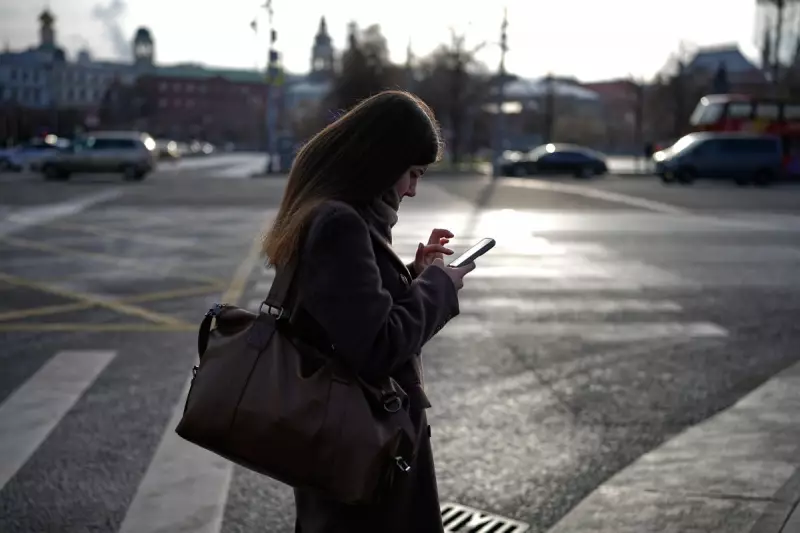
For many Russians, the year 2025 may be remembered as the time the government dramatically tightened its grip on the internet, with widespread mobile network outages causing significant disruption to daily life.
Daily Life Grinds to a Halt
The persistent shutdowns of cellular internet, which began in May and have continued through the autumn, are officially intended to thwart Ukrainian drone attacks that allegedly use mobile networks for navigation. Kremlin spokesman Dmitry Peskov has defended the measures as absolutely justified and necessary. However, by November, an average of 57 Russian regions were reporting daily disruptions, according to the activist monitoring group Na Svyazi.
The impact on ordinary citizens is profound and multifaceted. Simple tasks have become impossible: credit cards fail to make contactless payments on public transport, ATMs cannot connect to networks, and messaging apps like WhatsApp and Telegram are frequently down or throttled. The situation is so severe that mothers of diabetic children have raised alarms, stating they can no longer remotely monitor their children's blood glucose levels via special apps during school hours when the internet is cut.
'White Lists' and a Push for State Control
During these connectivity blackouts, access is often restricted to so-called white lists of government-approved websites and services. The content of these lists varies by provider but typically includes official state websites, email, select social media platforms, a couple of online markets, and the Russian search engine Yandex. Some providers offer access to a banking app, but many do not.
Authorities have simultaneously been promoting a state-controlled messaging service called MAX, which is now required to be preinstalled on all smartphones sold in Russia. Critics view MAX as a potential surveillance tool, as it openly declares it will share user data with authorities upon request and, unlike its competitors, does not use end-to-end encryption. State institutions and businesses are being encouraged to migrate their communications to MAX, though the platform, with 48 million monthly users, has far fewer daily active users than WhatsApp or Telegram.
Public Frustration and Economic Fallout
Attempts by the internet regulatory agency Roskomnadzor to promote the benefits of a technology-free lifestyle have been met with widespread public derision and anger online. Meanwhile, new restrictions are creating further complications. A recent rule imposes a 24-hour cooling period, blocking data and texts from SIM cards that have been abroad or inactive for 72 hours.
This has created unforeseen problems for internet-connected devices that use SIM cards, such as portable Wi-Fi routers, some cars, and utility meters. Lawmaker Andrei Svintsov highlighted the scale of the issue, questioning whether the government realised that countless heating boilers and electricity meters could cease to function.
Analysts suggest the authorities' strategy is to gradually steer the population towards simpler, state-approved online channels. Denis Volkov, director of the independent Levada Center pollster, noted that many Russians feel they can do nothing about the restrictions, much like the weather. While some tech-savvy citizens use Virtual Private Networks (VPNs) to bypass blocks, these are also routinely restricted, requiring constant effort to maintain access.
Mikhail Klimarev of the Internet Protection Society predicts further stifling of online freedoms, including the potential total blocking of Telegram and WhatsApp. He warned that while a complete internet shutdown is unlikely due to its vital role in the economy, the government seems intent on inventing ever more restrictive measures.





